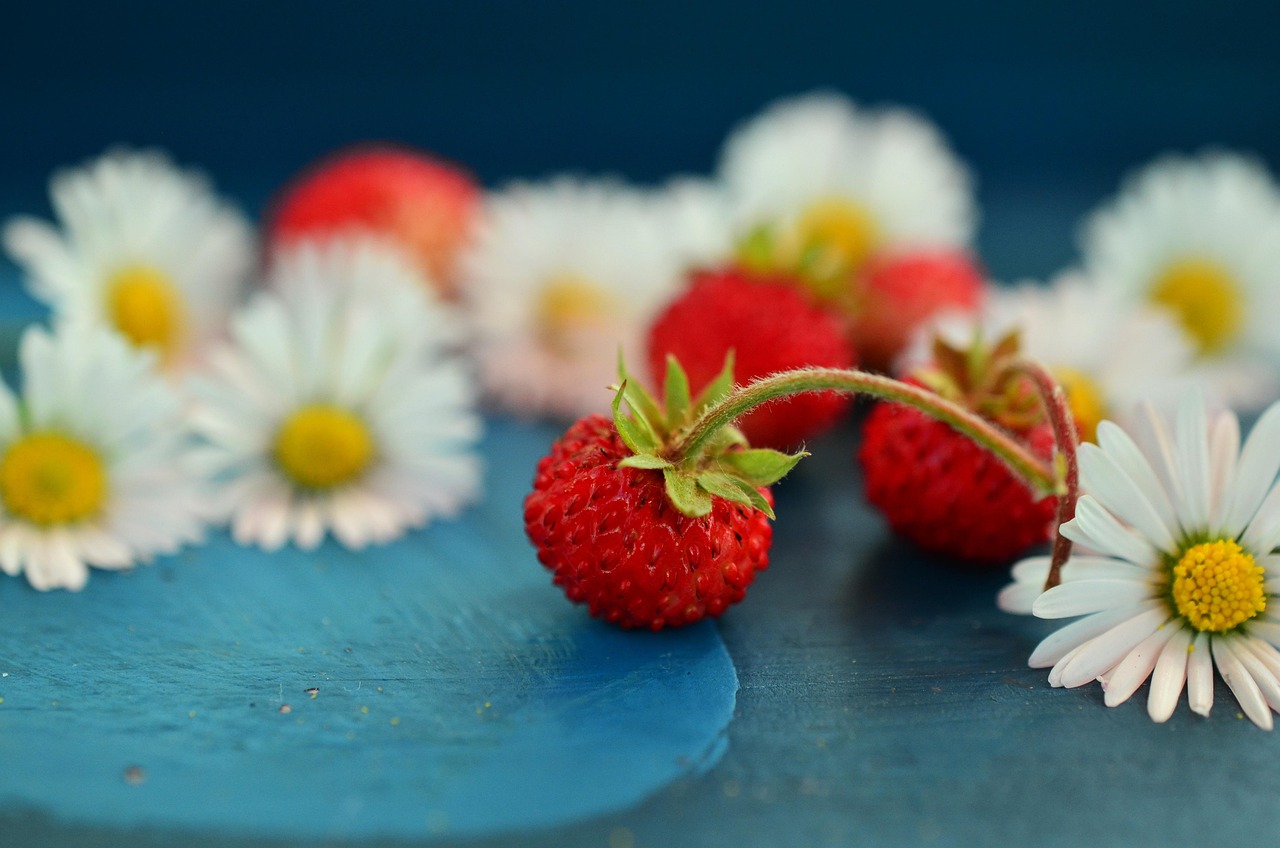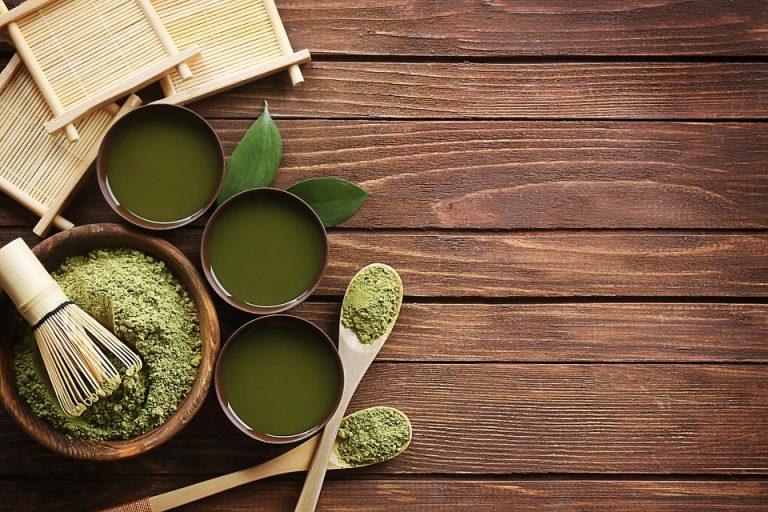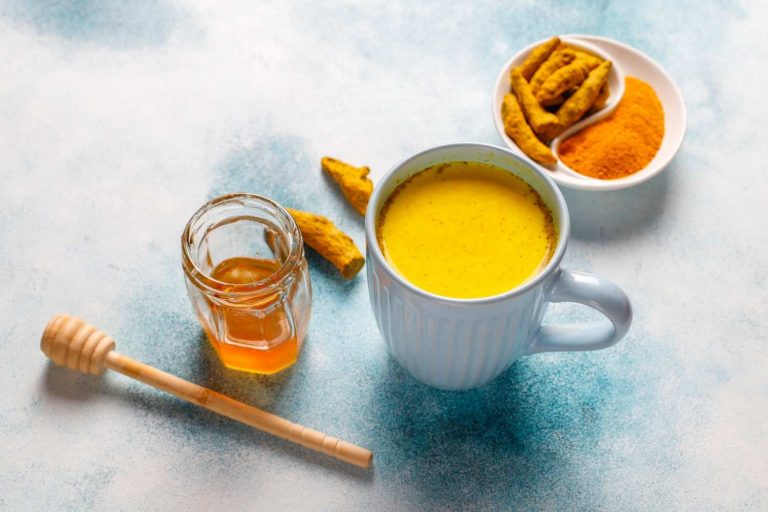Have you ever noticed how some people seem to radiate vitality and youthful energy, their skin glowing as if they’ve just stepped off a sun-kissed beach? It’s not just good genetics or a lavish skincare routine; it often comes down to what they eat. You might be surprised to learn that the secret to that enviable glow lies in the vibrant world of plants. So, let’s dive into five plant-powered secrets that can help you achieve that youthful skin glow!
Contents
1. Antioxidant-Rich Foods: The Skin’s Best Friends
When it comes to maintaining youthful skin, antioxidants are your best friends. These powerful compounds fight free radicals—unstable molecules that cause oxidative stress, leading to premature aging. Think of antioxidants as your skin’s bodyguards.
What to Eat
Foods like berries, dark leafy greens, and nuts are packed with antioxidants. For instance, blueberries are not only delicious but also rich in vitamins C and E, which are crucial for collagen production and skin repair. Spinach, on the other hand, contains lutein, which may help maintain skin elasticity.
Pros and Cons
The pros? Regular consumption of these foods can improve skin texture and reduce signs of aging. However, the downside is that a diet lacking in variety might lead to nutrient deficiencies. So, mix it up! Incorporate different fruits and veggies to maximize your antioxidant intake.
Personal Insight
I’ve noticed a remarkable difference in my skin’s texture since I started adding a handful of berries to my morning smoothie. It’s a simple change, but the results speak for themselves!
2. Hydration: Nature’s Elixir
You’ve probably heard it a million times: drink more water! But hydration isn’t just about quenching your thirst—it’s essential for maintaining skin elasticity and preventing dryness.
Plant-Based Hydration Sources
While plain water is vital, consider incorporating hydrating fruits and vegetables into your diet. Watermelon, cucumbers, and oranges are not only refreshing but also high in water content. They can help keep your skin hydrated from the inside out.
Pros and Cons
Staying hydrated can lead to plump, glowing skin and can even help reduce the appearance of fine lines. However, overhydration can lead to an imbalance of electrolytes, so it’s crucial to find a balance.
A Quick Tip
When I feel my skin getting dry, I whip up a cucumber and mint-infused water. Not only does it taste great, but it also helps me meet my hydration goals while providing a refreshing boost!
3. Healthy Fats: Nourishment from Within
Healthy fats are essential for skin health. They help maintain the skin’s lipid barrier, which keeps moisture in and harmful substances out. Omega-3 fatty acids, in particular, are known for their anti-inflammatory properties.
Sources of Healthy Fats
Incorporate plant-based sources of healthy fats into your diet, such as avocados, chia seeds, and walnuts. These foods are not only delicious but also support skin health by reducing inflammation and promoting hydration.
Pros and Cons
The benefits of healthy fats are clear: they can improve skin elasticity and reduce dryness. However, they’re calorie-dense, so moderation is key. Overindulgence can lead to unwanted weight gain.
Personal Experience
I started adding avocado to my salads and sandwiches, and I’ve noticed my skin feels more hydrated and supple. Plus, it’s a tasty addition that makes my meals more satisfying!
4. Herbal Remedies: Nature’s Potions
Herbs have been used for centuries in various cultures for their healing properties. Many herbs are rich in antioxidants and other nutrients that can enhance skin health.
Top Herbal Picks
Consider incorporating herbs like turmeric, green tea, and aloe vera into your routine. Turmeric contains curcumin, which has strong anti-inflammatory properties, while green tea is loaded with polyphenols that can help protect the skin from UV damage. Aloe vera, on the other hand, is well-known for its soothing properties, making it perfect for sunburns and skin irritations.
Pros and Cons
The upside? These herbs can offer a natural alternative to conventional skincare products, often with fewer side effects. However, some people may experience allergies or sensitivities, so it’s best to do a patch test before diving in.
A Little Experiment
I decided to try a homemade face mask using turmeric and honey. The results were fantastic! My skin felt rejuvenated and looked brighter. Just be careful with turmeric—it can stain!
5. The Power of Fermentation: Gut Health and Skin Glow
You might be wondering what gut health has to do with your skin. Well, recent research suggests a strong connection between the gut microbiome and skin health. A healthy gut can lead to clearer, more vibrant skin.
Fermented Foods to Try
Incorporate fermented foods like kimchi, sauerkraut, and kombucha into your diet. These foods are rich in probiotics, which can help balance your gut bacteria and, in turn, improve your skin’s appearance.
Pros and Cons
The benefits of fermented foods are impressive—they can improve digestion and skin clarity. However, some individuals may experience digestive discomfort when first introducing these foods, so start slowly.
My Gut Feeling
I started adding a small serving of kimchi to my meals, and I noticed my skin looking clearer within a few weeks. It’s fascinating how what’s happening inside can reflect on the outside!
FAQs
1. Can I really change my skin’s appearance through diet alone?
Absolutely! While genetics play a role, your diet significantly influences skin health. Incorporating plant-based foods rich in antioxidants, healthy fats, and hydration can lead to visible improvements.
2. How long does it take to see results from dietary changes?
It varies by individual, but many people notice improvements in their skin within a few weeks to a couple of months after making consistent dietary changes.
3. Are there any risks to eating too many antioxidants?
While antioxidants are beneficial, balance is key. Overconsumption of certain supplements can lead to negative health effects. It’s best to obtain antioxidants through a varied diet.
4. Can I use plant-based ingredients topically for better skin?
Yes! Many plant-based ingredients like aloe vera, turmeric, and green tea can be applied topically for their skin benefits. Just be sure to patch test to avoid allergic reactions.
Conclusion
So, there you have it—five plant-powered secrets for achieving that youthful skin glow. By focusing on a diet rich in antioxidants, hydration, healthy fats, herbs, and fermented foods, you’re not just nourishing your skin from the outside; you’re investing in your overall health. It’s about finding a balance and making choices that feel right for you.
As we navigate the ever-evolving world of skincare and nutrition, remember that what works for one person might not work for another. Keep experimenting, stay curious, and embrace the journey toward healthier, glowing skin!
This article is for educational purposes only and is not a substitute for professional medical advice. Always consult a qualified healthcare provider before making changes to your health routine.
References
-
Pappas, A. (2021). The role of antioxidants in skin health. Journal of Dermatological Science, 101(3), 205-210. https://www.jdsjournal.com/article/S0923-1811(21)00130-3/fulltext
-
Sweeney, E. (2020). Hydration and skin. Harvard Health Publishing. https://www.health.harvard.edu/staying-healthy/hydration-and-skin
-
Ziboh, V. A., & R. W. (2019). Omega-3 fatty acids and skin health. Cleveland Clinic Journal of Medicine, 86(7), 493-500. https://www.ccjm.org/content/early/2019/06/19/ccjm.86a.ccc
Get Your FREE Natural Health Guide!
Subscribe now and receive our exclusive ebook packed with natural health tips, practical wellness advice, and easy lifestyle changes, delivered straight to your inbox.




